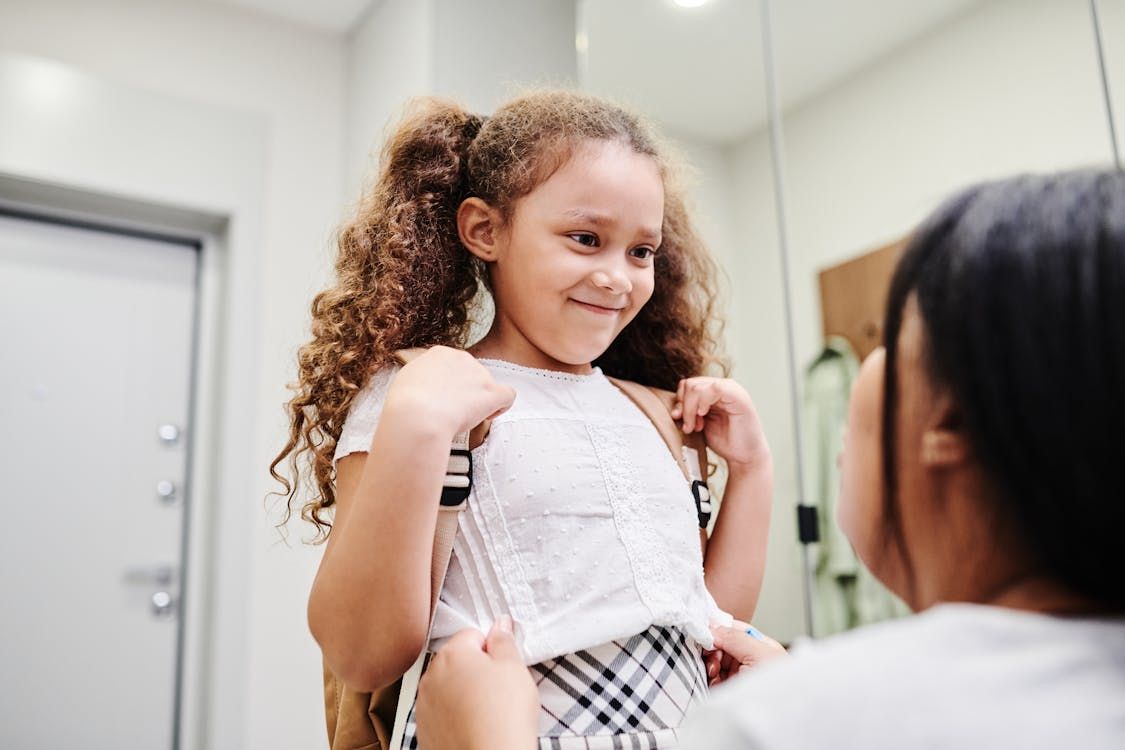With the cold at the door, it’s a good time to strengthen habits—without panic—and consult a specialist when the situation requires it.
By Any Altamirano
HoyLunes – With the start of the cold season and the increase in indoor living, November becomes a key month for the health of boys and girls. It’s not a time for alarm, but for smart prevention: small actions that make a real difference. This report reviews what happens during this period, what families and schools can do, and when it is worth speaking with a specialist.
Climate change and the school calendar mean that children spend more time indoors, which facilitates the transmission of respiratory viruses such as influenza, RSV, and the common cold. In addition, flu vaccination campaigns are usually activated in autumn, making November an ideal month to ensure that the youngest are protected. European health authorities have already indicated that, although the situation is manageable, it requires attention.

Common Symptoms and Warning Signs
The most common symptoms a family might observe are mild: runny nose, sneezing, light cough, or moderate fever. These usually resolve within a few days with basic care.
But — and this is important — contact your pediatrician or health center if you notice any of the following signs: difficulty breathing, marked drowsiness, inability to drink fluids, or a very high fever that doesn’t come down with usual treatment. Early intervention can prevent complications.
Basic Care with Real Impact
Timely vaccination: The flu vaccine for children is safe and effective; it is recommended to administer it before the peak of viral circulation.
Ventilation and clean air: Opening windows for a few minutes a day or ventilating classrooms and spaces where children gather reduces the concentration of germs in the air.
Hand hygiene and respiratory etiquette: Teaching children to wash their hands for 20 seconds and to cough or sneeze into their elbows prevents many infections.
Healthy routines: Getting enough sleep, eating fruits and vegetables, drinking enough water, and dressing warmly are simple habits that strengthen children’s defenses and help them stay healthy more often.

When to Consult a Specialist
Although most mild cases improve at home, it is always a good idea to seek medical advice when:
the child has a chronic condition (asthma, heart disease, immune deficiency);
the fever lasts more than 48–72 hours or returns after going down;
there is difficulty breathing, bluish lips or nails, drowsiness, or refusal to drink fluids.
In these cases, early consultation can make a difference and ensure quick action — without dramatizing, but with determination.
Everyday conversations are also medicine: teaching habits today avoids pediatric visits tomorrow.
Photograph: Andrea Piacquadio
November is not synonymous with inevitable risk, but with opportunity: the opportunity to strengthen small habits, to get vaccinated calmly, and to teach children that self-care can be part of everyday life. With proper attention, this month can pass smoothly.
If a question or a worrisome sign arises, the specialist is available to guide us. Communication and small daily habits are the best allies of children’s health.

#hoylunes, #la_salud_infantil, #any_altamirano,



